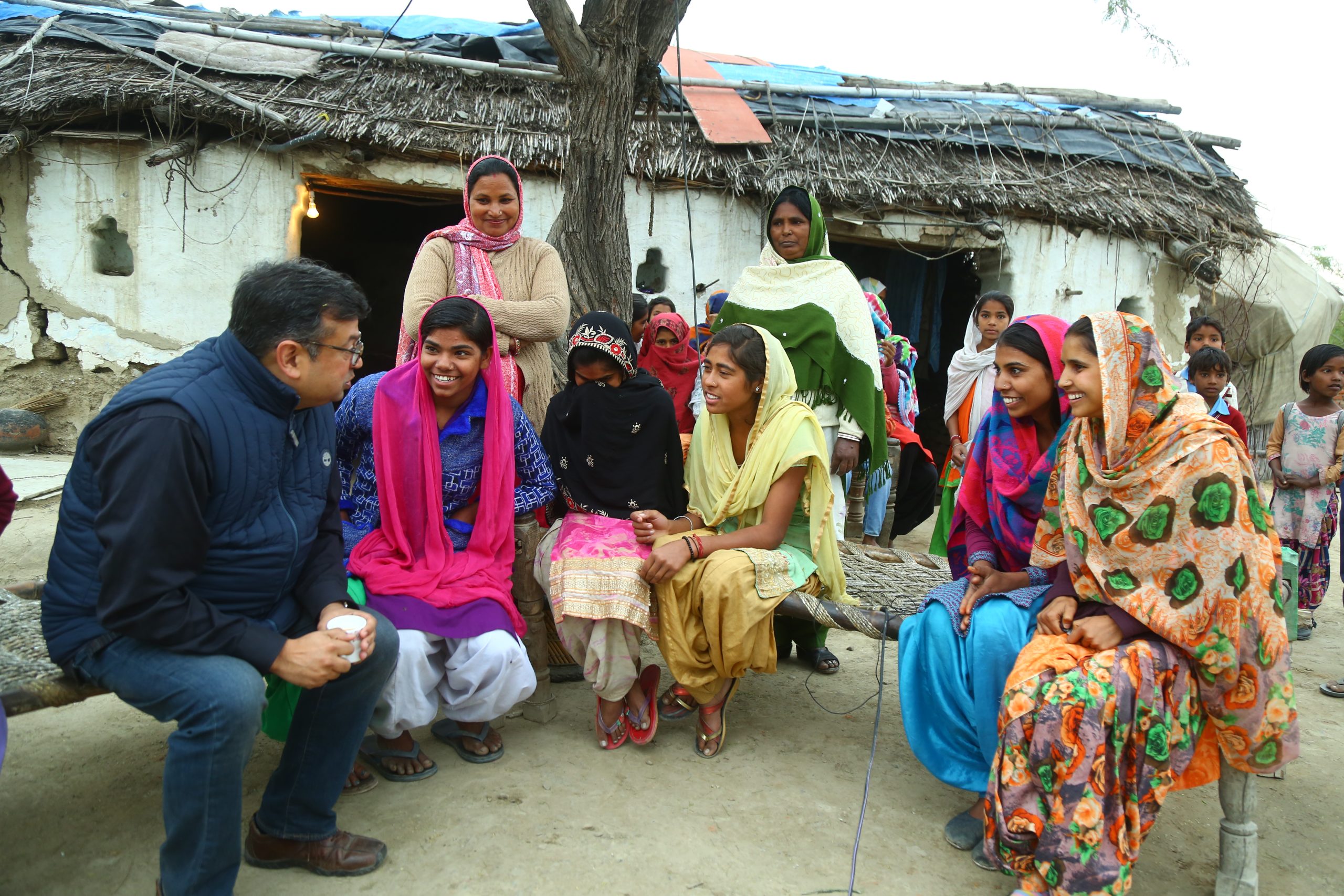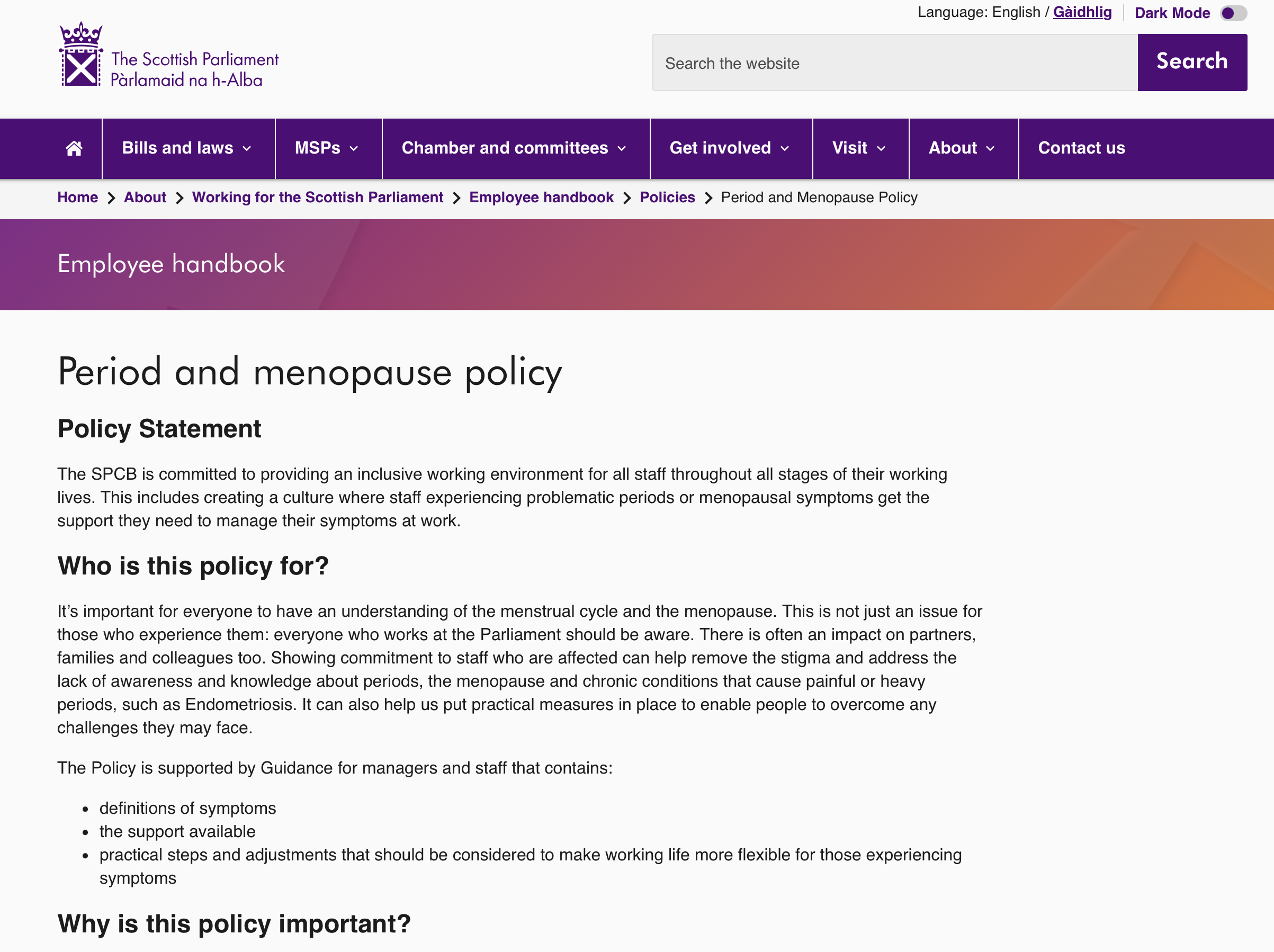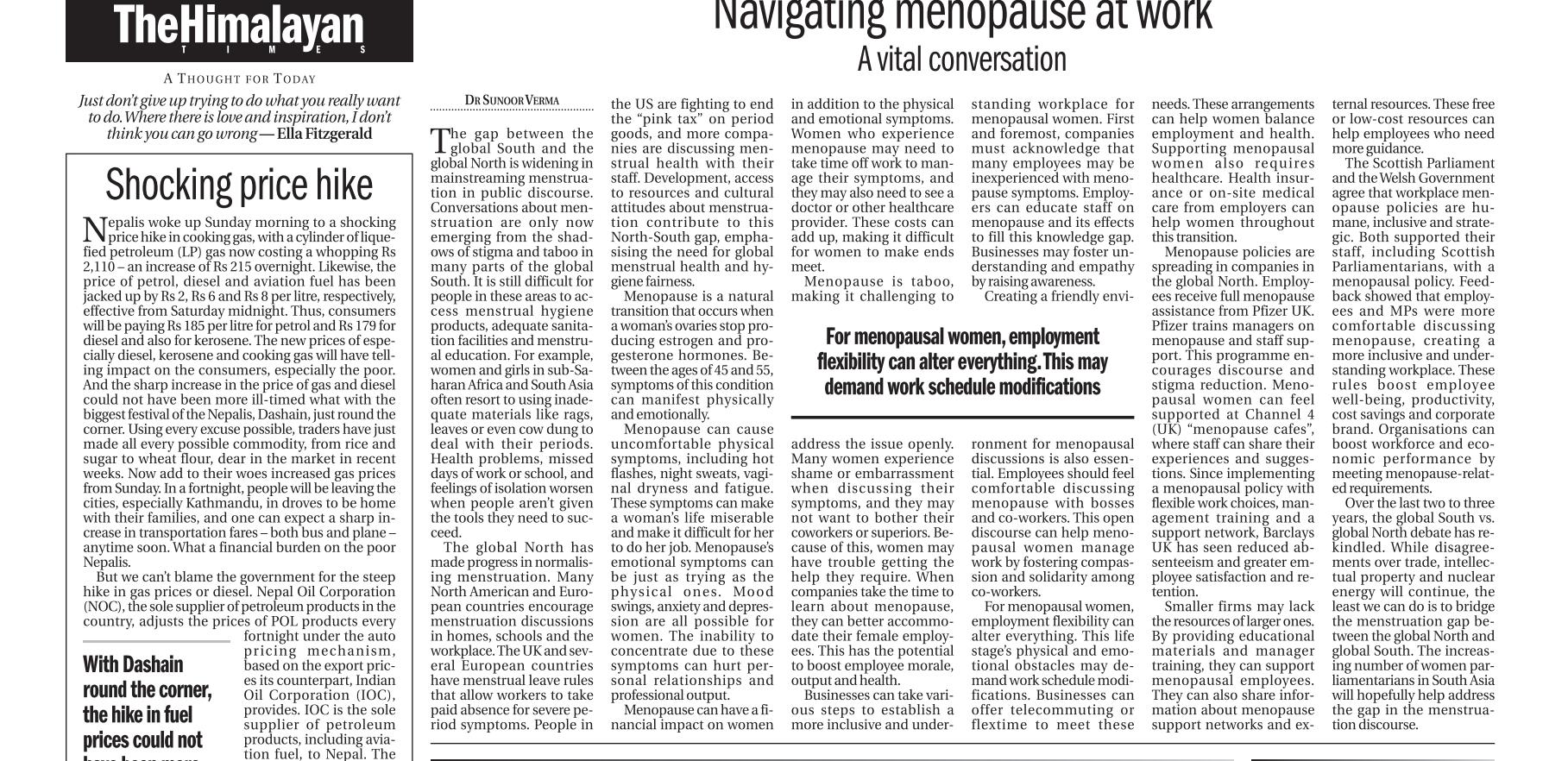Published in The Himalayan Times, Nepal, print 8th March, online 20th March 2024

On International Women’s Day, leaders send hollow tweets, posts, and messages praising women’s empowerment. Cut through the noise and get to the point: are these leaders keeping their promises or faking them? When a male or female leader broadcasts a flowery message about women’s empowerment, ask them to answer my questions and then judge them. People say the proof is in the pudding.
What is the current percentage of women across strata in your organization?
Organizational leaders should report women’s representation across levels and answer why these percentages are low. Annual gender representation goals should be publicly posted. And feature in the annual corporate reports.
When did you last conduct a Gender Pay Equity Audit and report it?
Act on wage equity instead of talking about it. Organizational leaders must disclose gender pay audits that identify and address discrepancies. Regulations like wage bands and standardized pay scales can reduce unconscious bias in compensation talks. Anything less is unacceptable.
Prove that you are enforcing Equal Opportunity Recruitment Practices!
Leaders must show they recruited diverse talent fairly and inclusively. Blind recruitment methods and diversity training for hiring managers prevent unconscious bias in the selection process. Furthermore, leaders should publicly state that they aggressively attract female leaders through focused recruitment.
What practical measures have you taken to combat the rampant bullying and mobbing of women in the workplace?
Bullying and mobbing decrease women’s self-esteem and career prospects. Leaders who act decisively to address these issues want to create a respectful and equal workplace. Leaders should report the number of incidents resolved without the female co-worker resigning.
What efforts have you made to stop inappropriate language and make perpetrators accountable, or are you ignoring rampant sexism as ‘office banter’?
Discriminatory rhetoric hurts women. Leaders must implement clear policies, give extensive training and awareness campaigns, model respectful communication, encourage open reporting and complaint resolution, and hold people accountable.
Have you taken proactive steps to address women’s health needs?
Leaders who prioritize menstruation, nursing, and menopausal facilities show they understand and are committed to women’s unique challenges. Before offering free condoms in office restrooms, provide women’s hygiene products. Menstruation is not voluntary, but sex is!
What is your Mentorship and Sponsorship Program for women?
Leaders should create mentorship and sponsorship programmes to help women navigate the corporate jungle and crack the glass ceiling. These programmes build the organization’s female leadership pipeline.
Do you ensure a strong representation of women in redressal committees?
Senior and sufficient women in any organizational redressal committee are essential for fair and successful workplace issue resolution. They are not just a matter of tokenism but a strategic need for workplace respect and accountability.
Are You Leading by Example in Creating an Inclusive Workplace or Ignoring Discrimination?
An inclusive workplace requires leadership accountability. Diversity indicators should be included in performance evaluations for organizational leaders to promote team diversity and inclusion.
We should demand actual action from our leaders on International Women’s Day instead of celebrating meaningless gestures. All leaders, put your money where your mouth is. Women deserve action, not words. Stop sending flower emojis and start reporting your behaviours!
Dr. Sunoor Verma advises government and business leaders on strategic alliances, advocacy, and leadership communication. See www.sunoor.net for his global practice.
Published in The Himalayan Times, Nepal, print 8th March, online 20th March 2024




